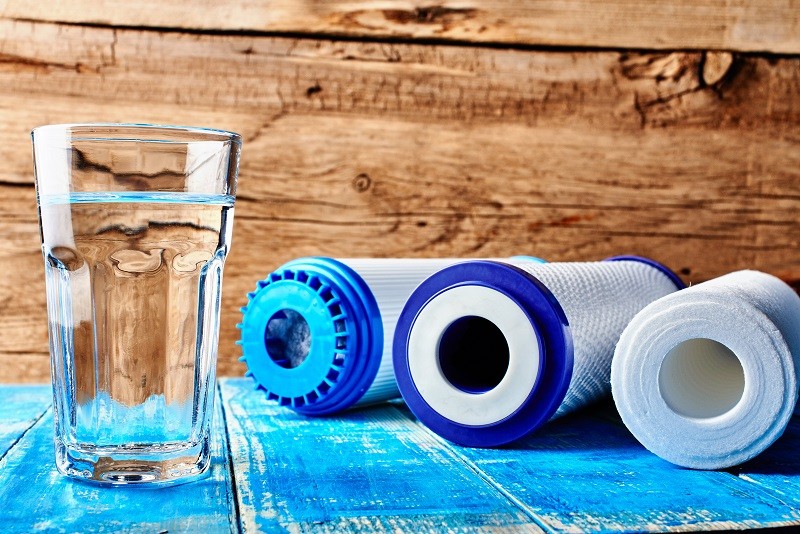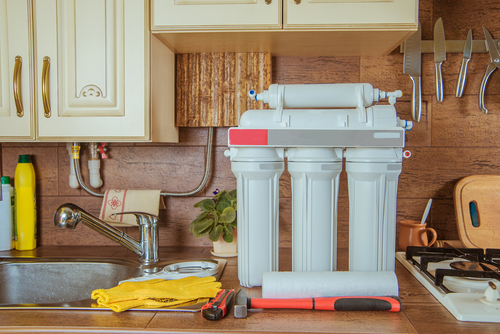
Getting a water filter for your home is very common today. Though your tap water may not come with bad taste or foul smell, it likely contains some invisible contaminants that come from our polluted world, which can be harmful in the long run. So, it is a good idea to understand more about your water supply and invest in a suitable water filter for your health sake.
Checking water quality
Knowing what impurities you are dealing with is the first step to find the right water filter. In the US, most people get water from a community water system, which will provide a yearly water quality report to its customers. This report reveals the contaminants found and the chemicals that are used for disinfection.
A step further is conducting a home water test through county health departments or a state certified laboratory. You may need 1-2 regular testing every year if your water supply comes from a household well. This helps you keep check of the level of impurities, like bacteria, lead, pesticides, chlorine, nitrates and nitrites, as well as reveal your water’s pH and hardness.
Choosing the right water filter
After knowing the quality of your drinking water and the contaminants found in it, you can look for a water filter that can deal with it specifically. Here are some common types of water filters you can choose from:
1.Pitcher water filter
This may be the first thing comes to your mind when talking about home water filter. In the US, pitcher filter is very common, and many water-dispensing refrigerators filter water with the same method, which uses activated carbon to remove contaminants.
Usually, this type of filter can only remove chlorine, which results in better taste. Some brands can deal with lead, mercury and even organic contaminants, so remember to check the fine print before purchasing one. However, no matter how expensive it is, carbon filters are not able to filter inorganic pollutants like arsenic, iron, chromium and manganese.

2.Faucet water filter
Generally speaking, faucet-mount filters remove quite the same amount of contaminants as pitcher filters do. Its selling point is convenience, providing filter water on demand. Most of the faucet water filters are inexpensive and easy to install, the only concerns are efficiency and durability. So remember to count the cost of filter replacement before purchasing. Again, read the fine print of the product package to ensure it can filter your target contaminants.
3.Gravity filter
This type of filter usually sits on the countertop and occupies more space than other types of filters. Its initial cost is typically high, but requiring no installation and power to function, and usually lasts much longer than other types of filters.
Most gravity filters can remove chlorine, fluoride, bacteria and heavy metals like mercury and lead. Take Berkey as an example, it meets both NSF 42 and NSF 53 (though not officially NSF certified), meaning it can filter parasites, chlorine, organic compounds and lead. If fluoride is a concern, an add-on fluoride-reduction filter is available too.
As gravity filters can function without electricity and connection to water supply, they are very useful in an emergency situation. In a power outage, you won’t be able to get public water supplies because of lack of water pressure. Even if you have a private water supply, you need to have backup energy to operate your well pumps.

4.Reverse osmosis
This filtering system works by using pressure to force water molecules through tiny pores which at the same time block out most of the contaminants, including chlorine, fluoride, bacteria, lead and inorganic pollutants like nitrate and arsenic. It is a very effective way to purify water but may also remove minerals such as calcium, iron and magnesium.
Despite of its filtering efficiency, this system requires installation and electricity to function, so it won’t work if the power goes out. The main drawback is water consumption, as it tends to waste 3 times the amount of filtered water you get.


